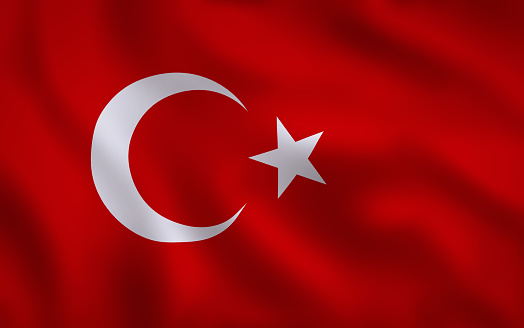This Article was updated May 30, 2025.
Turkey’s medical device market is growing fast, but to get your product on the shelves (or in hospitals), you’ll need to navigate some important local rules.
The good news? Turkey’s system is very similar to the European Union’s MDR and IVDR frameworks. If you’re familiar with CE Marking, you’re already halfway there!
Let’s walk through the full process, step-by-step, to help you get your device registered and ready for the Turkish market.

WHAT YOU NEED TO KNOW
Medical Device Classifications:
Turkey uses the same basic system as the EU’s MDR (Medical Device Regulation): Turkey uses the same basic system as the EU’s MDR (Medical Device Regulation):
• Class I: Low-risk devices (e.g., bandages)
• Class IIa: Medium-risk devices (e.g., dental fillings)
• Class IIb: Higher-risk devices (e.g., ventilators)
• Class III: Highest-risk devices (e.g., pacemakers)
If you’re working with IVD (in vitro diagnostic) devices, those are classified into List A, List B, or other categories under IVDR rules.
Step-by-Step Guide to Registration:
1. Find a Local Authorized Representative (AR)
If you’re a foreign company, you’ll need a Turkish-based rep to manage your registration.
2. Get CE Marking
You must comply with EU MDR/IVDR standards and hold CE certification before proceeding.
3. Register in the ÜTS (Product Tracking System)
Think of ÜTS like Turkey’s digital inventory system — your product needs to be listed here for traceability.
4. Submit Technical Documentation
Be ready to show proof that your device is safe, effective, and built to standards.
Tip: No CE Marking = no Turkish registration (except for rare exceptions).
Timeline and Fees:
• Timeline: Once your ÜTS application is complete, approval usually takes about one week.
• Fees: Registering your product on ÜTS? It’s free. Clinical trials, import permits, or special approvals? These can cost between TRY 10,000 and 50,000.
Quality Management System (QMS) Requirements
To sell devices in Turkey, your manufacturing process must meet ISO 13485 standards. This isn’t just a box to check, it’s a key part of showing regulators your device is safe and reliable.
Labeling Requirements for Medical Devices in Turkey
Here’s what you’ll need for your product labeling:
• All labels and Instructions for Use (IFU) must be written in Turkish.
• Labels must show:
-CE Mark
-Manufacturer and Authorized Representative details
-Unique Device Identifier (UDI)
-Safety instructions
Reporting Adverse Events in Turkey
If something goes wrong with your device after it’s on the market:
• Serious incidents must be reported immediately through ÜTS.
• Plus, you’ll need to submit an annual safety report to TITCK summarizing all adverse events.
Clinical Trials for Medical Devices in Turkey
For clinical data you’ll have to get your study approved by both:
• An Ethics Committee
• The Turkish Medicines and Medical Devices Agency (TITCK)
All trials must follow Good Clinical Practice (GCP) standards, and of course, you’ll need informed consent from every participant.
Other Important Requirements You Should Know
• Post-Market Surveillance: You’ll need to actively monitor your device’s performance once it’s on the market.
• Recalls/Withdrawals: Have a solid plan ready in case your device needs to be pulled.
• Local Registration: Even if your device has CE Marking, it must still be officially registered in Turkey via the ÜTS.

Final Thoughts:
Getting your medical device into Turkey might feel complex at first, but with the right steps, it’s doable. Focus on CE Marking, pick a strong local representative, register through the ÜTS, and stay on top of post-market obligations. By doing that, you’ll not only meet TITCK’s expectations, but you’ll also build lasting success in one of the region’s most dynamic healthcare markets.
Pro tip: Stay close to your Authorized Representative, they are your best ally to keep everything compliant and running smoothly!
How Can RegDesk Help?
RegDesk is a next-generation web-based software for medical device and IVD companies. Our cutting-edge platform uses machine learning to provide regulatory intelligence, application preparation, submission, and approvals management globally. Our clients also have access to our network of over 4000 compliance experts worldwide to obtain verification on critical questions. Applications that normally take 6 months to prepare can now be prepared within 6 days using RegDesk Dash(TM). Global expansion has never been this simple.

